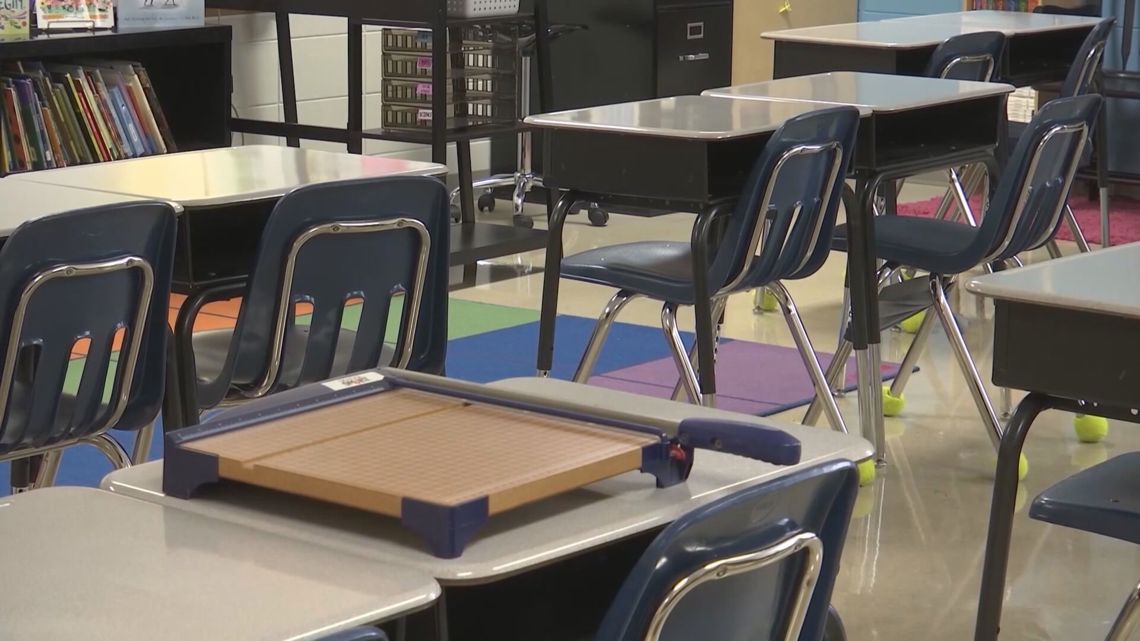
To stream WLTX 19 on your phone, you need the WLTX 19 app.
Next up in 5
Example video title will go here for this video
Next up in 5
Example video title will go here for this video
COLUMBIA, S.C. — With the new school year underway, a controversial program that can be used to pay for students to go to private school, among other uses, is back in swing after the previous version was struck down as unconstitutional.
The program this year differs greatly from its predecessor. It has an expanded capacity, funding mechanism, an income level requirement that allows more students to qualify, bigger application window, and even more allowed uses under the rewritten bill.
The newest version provides $7,500 scholarships that can be used for tuition and approved educational expenses, as long as a student is utilizing school of choice, be-it private schools, charter schools, or inter-district school of choice outside of their zoned public school. The program his its 10,000 scholarship cap earlier this year.
For the 2024-25 school year, the Department of Education received 7,907 applications during a two-month window with a cap of 5,000 scholarships, according to numbers obtained by News 19 from the SC Dept. of Education.
Now, for the 2025-26 school year, with the cap raised to 10,000 scholarships and applications accepted on a rolling basis, the state received 16,626 new applications and 1,691 renewals before reaching the limit. Another 3,466 families applied after the cap was hit.
This data was compiled from 9999 scholarship recipients, as it was taken after one student withdrew from the program, according to Jason Raven, a spokesman for the department.
“From traditional public schools to magnet and public charter schools, independent schools, home schools, and now the Education Scholarship Trust Fund, families have more options than ever to tailor their child’s education to meet their unique needs,” Raven said.
The program this year has also expanded its uses. One amendment made it into the rewritten law which allows up to $3,000 be used for transportation costs. This applies for those attending a private school or a public school outside their zoned school. It could be a game-changer for districts that allow students within their district to go to any school outside of their zoned one, as transportation for those students is not provided by the district, according to Patrick Kelly with the Palmetto State Teachers Association.
“The biggest barrier families face in accessing that choice is we don’t provide transportation to a child that doesn’t attend their zone school, and so now, if families can access these dollars to help cover transportation costs, that opens an entire universe of options within our public system, whether that’s charters or traditional public schools that families can access that weren’t accessible in the past,” Kelly said.
But the program has also raised the income level limits. The previous version allowed families with income up to 200% of the federal poverty level to apply, but that was raised to 300% for this school year in the new law. It will be expanded to 400% in the fall of 2026. It prompted pushback from some lawmakers on both sides of the aisle, who argued the program was meant to be for low-income families.
Scholarships have been awarded in all 46 counties, with the largest numbers in Greenville, Spartanburg, and Richland counties.
The program is set to grow again next year, with the new law increasing the cap to 15,000 scholarships.

Recent Comments